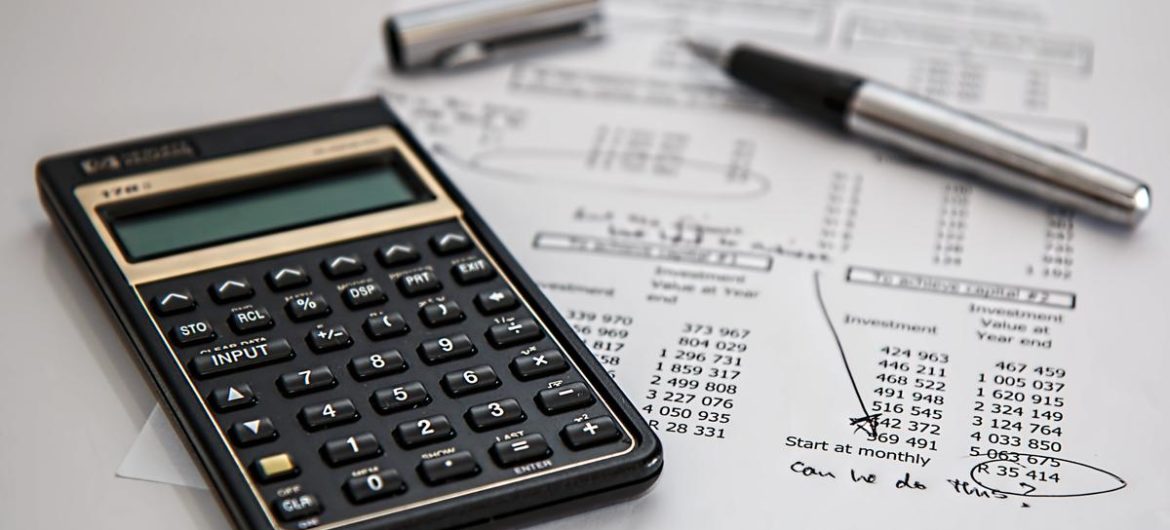When South Africa emerges from the lockdown, consumers will face a very different economic reality to what they were used to just over a month ago.
The shutdown came soon after the country fell into a recession. Not long after that Moody’s downgraded South Africa to sub-investment status – the last of the major ratings agencies to do so.
“What’s happening is unprecedented. It’s a perfect storm,” says Benay Sager, Chief Operating Officer at DebtBusters, the country’s leading and largest debt counsellor.
He says that while consumers can’t do anything about the broader economy, they can use some of the remaining time in lockdown to take control of their own finances.
“If you are feeling a bit uneasy, you’re not alone. The current situation feels like an extended December period where you have to go almost eight weeks between pay cheques. For some consumers, this period might be even longer. It is important to take a few practical steps to help you stretch your money further.”
Sager suggests the following to stretch your money further.
Count your cents and supplement your (reduced) income
Now is the time to look for any spare money that may be stashed away. Sit with your family and make sure to account for everything in all your bank accounts, cash you may have at home, prepaid phone accounts etcetera. This may not amount to much, but there is also relief in the form of the unemployment insurance fund or UIF.
You can claim income from UIF if you or your company have been contributing. Your employer can also claim from the Temporary Employer/ Employee Relief Scheme if they are not an essential services provider and have lost revenue due to lockdown. There are limits on what can be claimed, but every little bit helps.
Stop the impulse buy(s)
You may have seen others at the supermarket hoarding toilet paper or some other necessity. South Africa has a strong food supply chain and almost all the food is produced locally so there is very little risk of shops running out of necessities. Instead of spending R50 on toilet paper, because others are buying it and you may not immediately need it, save the money or spend it on essential items you need now.
Look for the bargains
There are lots of bargains available as businesses, both local and international, are trying to protect market share or just get through the crisis. For example, some companies deliver food or essential items for free. Do your research and find these bargains.
Review your budget
Before the lockdown you may have made some assumptions that have now changed. For example, you might have been expecting a salary increase or a bonus which you will now not be receiving.
By reviewing your monthly income and expenditure you’ll have a better idea of where you stand financially.
It may also give you an early warning that you may be getting into trouble. If your income assumptions no longer hold true, but your debt obligations still need to be met you will need to make some decisions. You may be able to cut some expenditure so you can pay our debts, apply for relief such as a payment holiday or discuss options with your creditors.

Get help if you need it
Many consumers are reluctant to seek help because they feel embarrassed or think they’ll be stigmatised if they undergo debt counselling.
“The earlier you realise that you might have a problem and do something about it, the better you chances of getting back on a sound financial footing,” says Sager.
South Africa has a world-class, regulated debt counselling sector and it is working well. The number of debt-clearance certificates issued to DebtBusters’ clients grew by 69% per year between 2015 and 2019 – almost a tenfold increase in a four-year span.
If you’re not sure about your situation, this online survey will give you an indication whether you should seek help https://www.debtbusters.co.za/tools-and-advice/self-analysis-test/




